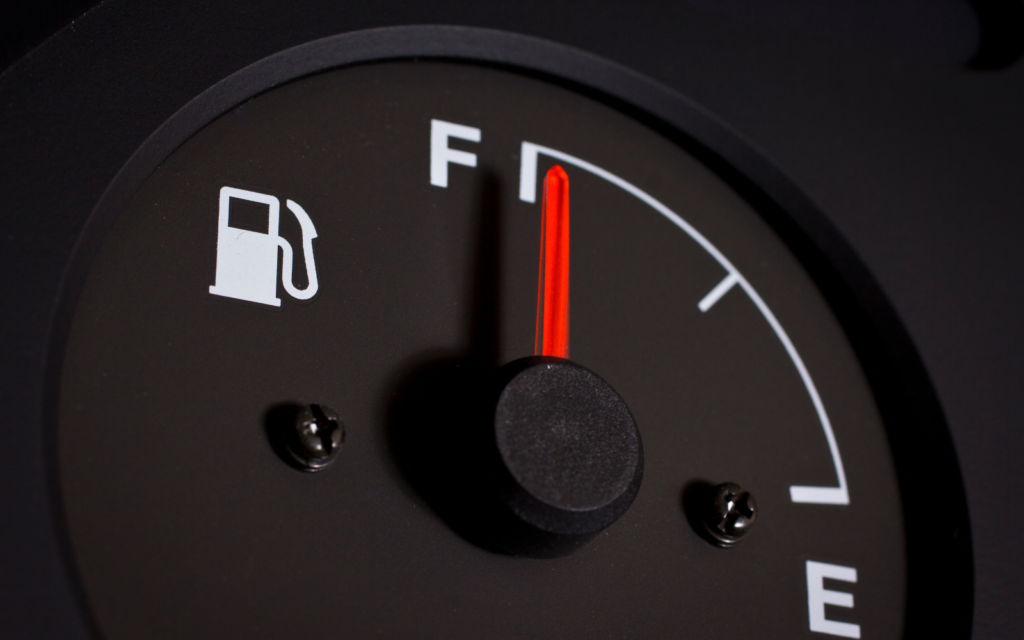You might have thought it couldn’t get much worse for South Africa. You were wrong. Load shedding, rising petrol prices, and ‘water shedding’ are just some of the headlines we see every day. Well, we have yet another to throw at you. Sorry.
The Democratic Alliance (DA) is concerned about South Africa’s fuel stocks, worried that a national shortage is on the brink. This comes after a strike at Transnet, now over, caused disruptions at ports and transport networks. This leaves South Africa with a problem, with far lower refined fuel stocks than is necessary.
Struck down
A three-year wage deal was agreed upon, allowing Transnet to return to operations on Friday 21 October. Trouble is, this isn’t a weekend fix. Despite only striking for a week, Transnet’s CEO, Portia Derby, has said backlogs could take six to nine weeks to clear entirely. This puts further pressure on South Africa’s only two operating refineries. A third refinery is on the way, however. The Astron refinery is set to go online before the year’s end, and can’t come soon enough.
Most of South Africa’s imported fuel comes through the Durban port and is nearing capacity according to Kevin Baart, strategic projects and regulation head of the South African Petroleum Industry Association (Sapia). His concerns are about the increased levels of fuel running through the pipeline networks: “jeopardising fuel supply to the inland economic hubs of South Africa”.
Read More: South African jet fuel shortages could lead to cancelled flights and missed schedules
The DA has questioned the African National Congress-led government’s failure to implement the strategic refined fuel reserves recommendation. This, it claims, is the reason we’re stuck in this situation in the first place.
“Through public/private partnerships, the commission advised that oil companies and synthetic fuel plants should be obliged to hold prudent commercial levels of refined product stock. 16 years later, this has not been implemented,” the DA said.
“The immediate impact will be the upending of supply chains, which will severely constrain productivity in the economy. Consumers could potentially face a food supply crisis as food wholesalers and distributors struggle to transport food stocks where they are needed,” it continued.
Add this on top of Eskom’s diesel burning and the recent jet fuel scare, and the country has a real problem on its hands.
Source: BusinessTech




